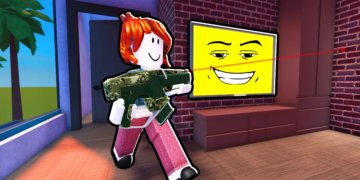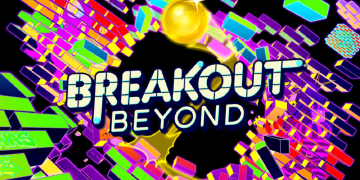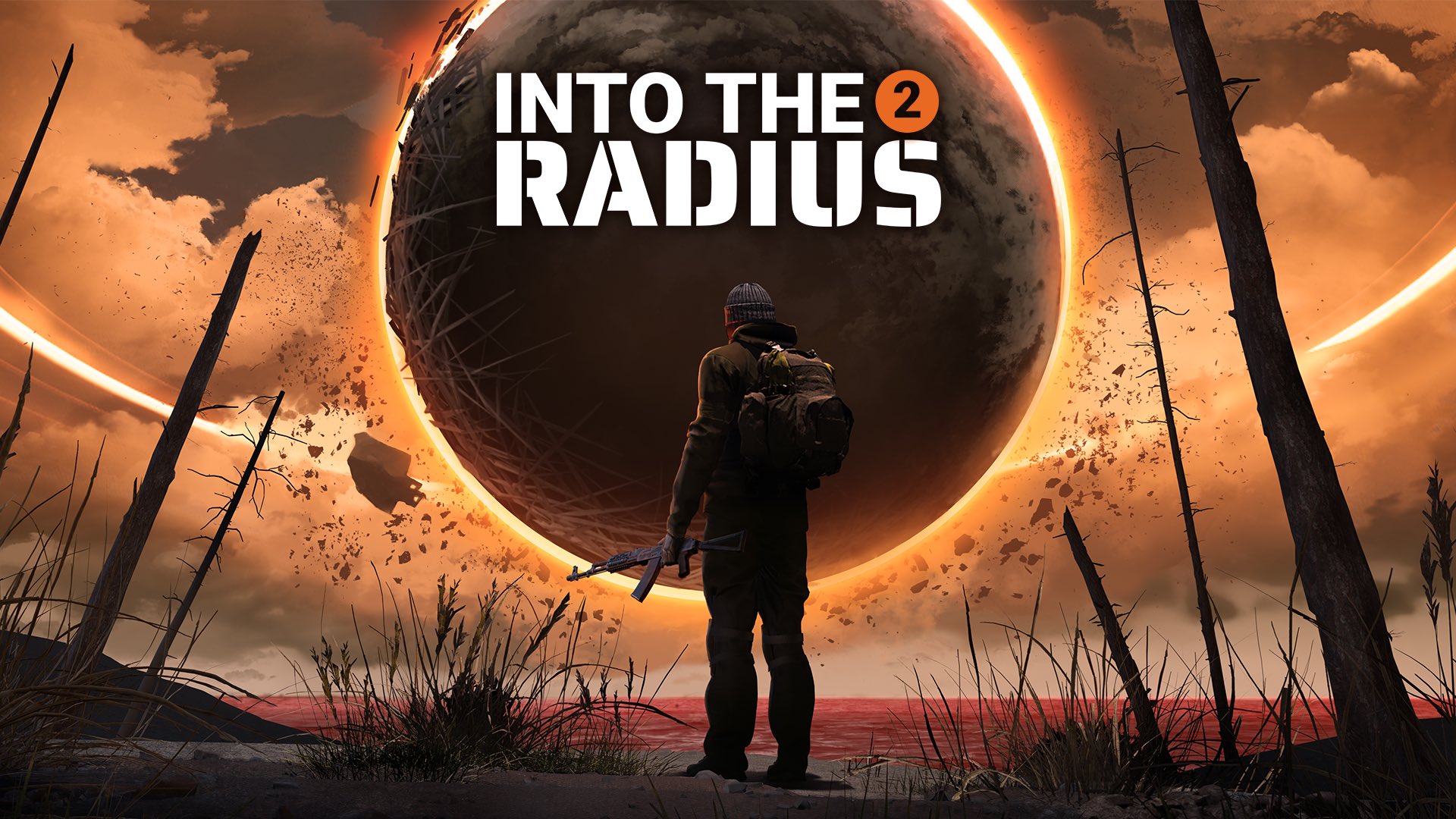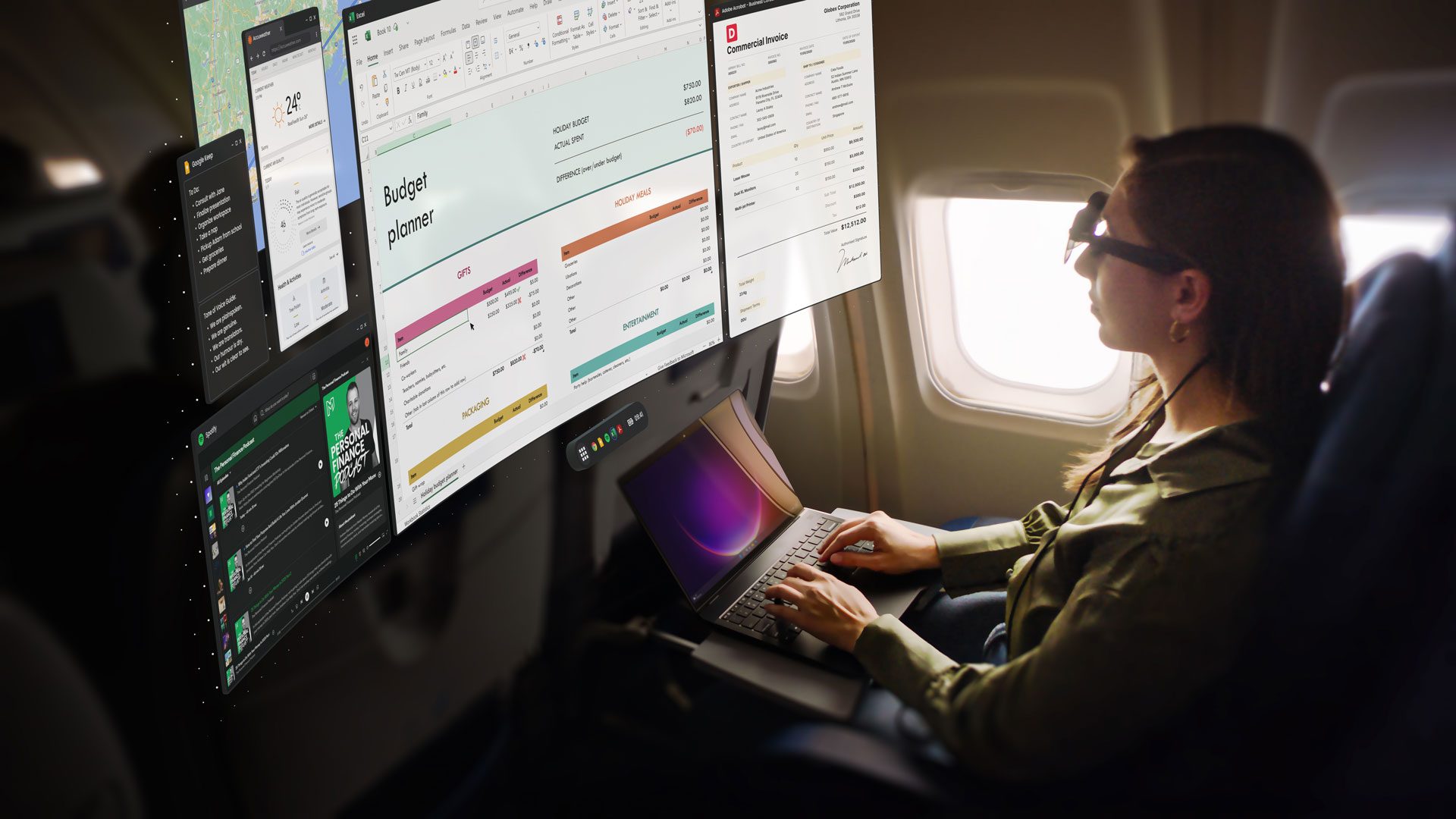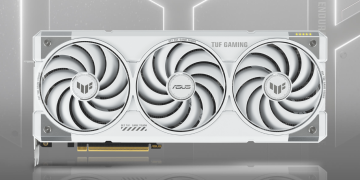Metro Awakening, hailed as the flagship PSVR2 release of 2024, marks a significant departure for Vertigo Games, known for the Arizona Sunshine series. While the chaotic fun of zombie bashing seems tailor-made for VR, the Metro franchise is rooted in stealth, resource conservation, and a hauntingly tense atmosphere. Initially, there were doubts about how well these elements would translate to VR, but Vertigo has not only met expectations—they’ve set a new standard for games on PSVR2.
Set a few years before the main series, Metro Awakening casts you as Serdar, a resilient survivor navigating the treacherous Russian metro system. Together with a close-knit community, Serdar faces a grim reality—his wife Yana desperately needs medication as she is plagued by the echoes of their deceased son. Armed with a pistol and a reliable gas mask, you’re thrust into the dark, claustrophobic tunnels of the metro, ready to face its lurking dangers.
Instantly, Vertigo captures the essence of Metro’s universe, with makeshift shelters illuminated by the warm glow of barrel fires. As you navigate through, ghastly scenes unfold—ruined camps strewn with skeletal remains and eerie mutant nests dotted with glowing mushrooms. The visual aesthetics are impressive in their grim portrayal, creating an atmosphere thick with foreboding.
Although it may not boast the graphical prowess of Horizon Call of the Mountain, Metro Awakening’s lighting effects breathe life into its environment. The eerie green of mushrooms, the erratic flicker of bulbs, and the focused beam of your flashlight all contribute to the series’ gritty ambiance as you tread cautiously around grotesque creatures and unhinged wanderers.
The fully immersive VR experience is bolstered by numerous thoughtful touches. Whether it’s wiping condensation from your visor or using a lighter to fend off cobwebs, these moments significantly heighten immersion. Few gaming experiences rival the terror of pushing through a spider-infested zone, senses on high alert, gun ready to fend off a giant arachnid that scrambles nerve-wrackingly across your head, thanks to the haptic feedback of the headset. Such moments simply can’t be replicated on a standard screen.
In facing these unnerving foes, Metro Awakening’s limited but satisfying arsenal shines, drawing from Arizona Sunshine 2’s familiar shooting mechanics. Reloading, whether sliding in a new magazine or loading a shotgun shell, feels particularly cool, with the PSVR2 Sense Controller adding a satisfying heft to each shot. Improvements from Arizona shine through as you can now wield your weapon while your other hand multitasks, making the actions of firing, reloading, and switching weapons second nature over time.
The ease of control flows throughout the game, maintaining immersion by embedding actions in the game world rather than relying on traditional menus—though loading screens appear between areas. Activating your flashlight involves pressing R2 with the controller near your head, accessing your rifle involves reaching over your shoulder, and your backpack is just a shoulder grab away. Checking ammunition? A glance at the magazine or a partial slide of the chamber is all it takes.
Sure, there are occasional hiccups—like grabbing something unintended in the heat of the moment—but Metro Awakening mostly avoids the fiddly controls that often plague VR shooters. It’s exhilarating to corner enemies, squint through the crossbow sight, and savor the scarcity of ammo. The Metro series is known for sparse supplies, and the tactile experience of scavenging weapons from fallen foes or retrieving bolts elevates immersion to new heights.
When combat erupts, Metro delivers thrilling action. Landing precise headshots, snatching up rivals’ rifles, and quickly peeking from cover to fire bursts is invigorating. Stealth amplifies tension as you distract foes, align your shot, and remain cloaked in shadow—even your flashlight can betray you if left on. The melee knockouts, however, are somewhat challenging to execute cleanly, and enemy footstep cues can be elusive.
Bringing its mechanics and visuals together, Metro Awakening delivers heart-pounding campaign segments. Chilling music, atmospheric lighting, and seamlessly integrated controls charm you into an immersive escape.
For those drawn to narrative, the game starts with engaging characters and lifelike motion capture for VR. However, as the story veers into supernatural realms, typical of the Metro saga, the protagonist’s journey feels less compelling. The supernatural elements—intended to refresh gameplay—did not grasp us as tightly as the suspense of evading human adversaries and ghouls.
While Metro Awakening tends to lose momentum near its conclusion—with a slightly monotonous environment, an anticlimactic emotional peak, and a few too many on-rails moments—it remains a thrilling journey thanks to standout gameplay sequences throughout the 10-hour campaign.
Occasional technical hiccups mar the experience: crashes when loading new areas, temporary immobility after loading, and infrequent frame-rate dips. Yet, these instances are rare, and overall, the game’s technical performance is robust.
Conclusion
Any doubts about Vertigo’s ability to craft a Metro game in VR have been neatly dispelled. This Dutch developer has adeptly captured the series’ essence, enhancing it with a bevy of VR-specific mechanics. Despite some narrative shortcomings and a desire for greater locational diversity, the game’s peaks are so gratifying that a replay is tempting. With its superb visuals, atmospheric magic, and fluid controls, Metro Awakening stands out as one of the most immersive VR experiences we’ve enjoyed.

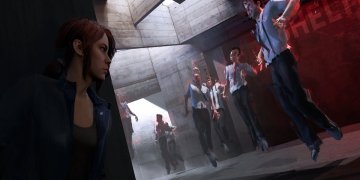




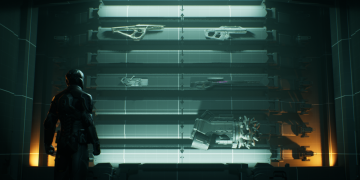





![[Free Game Giveaway] Pets Hotel for PlayStation (NA/EU) [Free Game Giveaway] Pets Hotel for PlayStation (NA/EU)](https://www.xgamernews.com/wp-content/uploads/2025/05/Free-Game-Giveaway-Pets-Hotel-for-PlayStation-NAEU-360x180.jpg)

